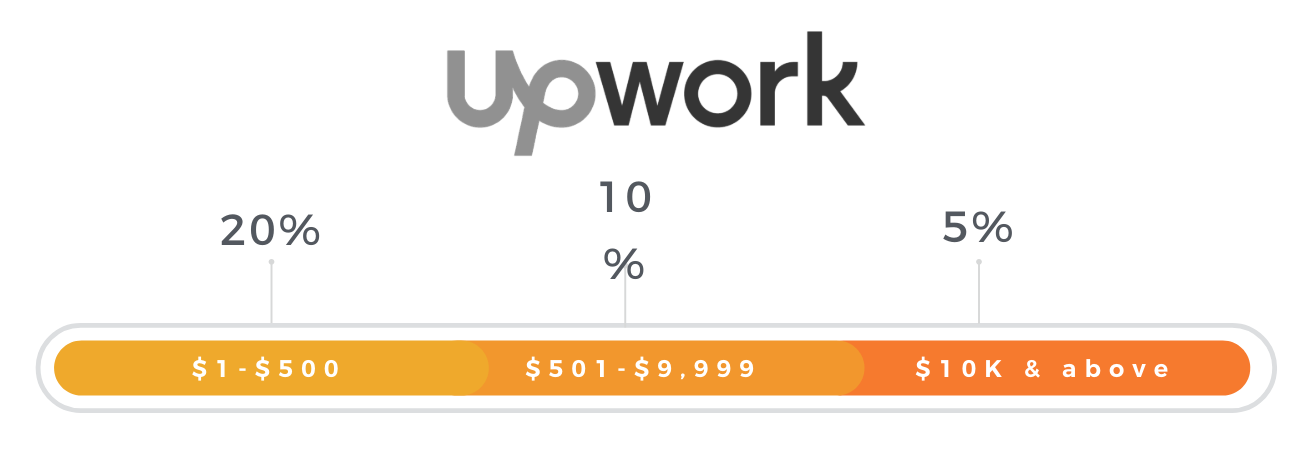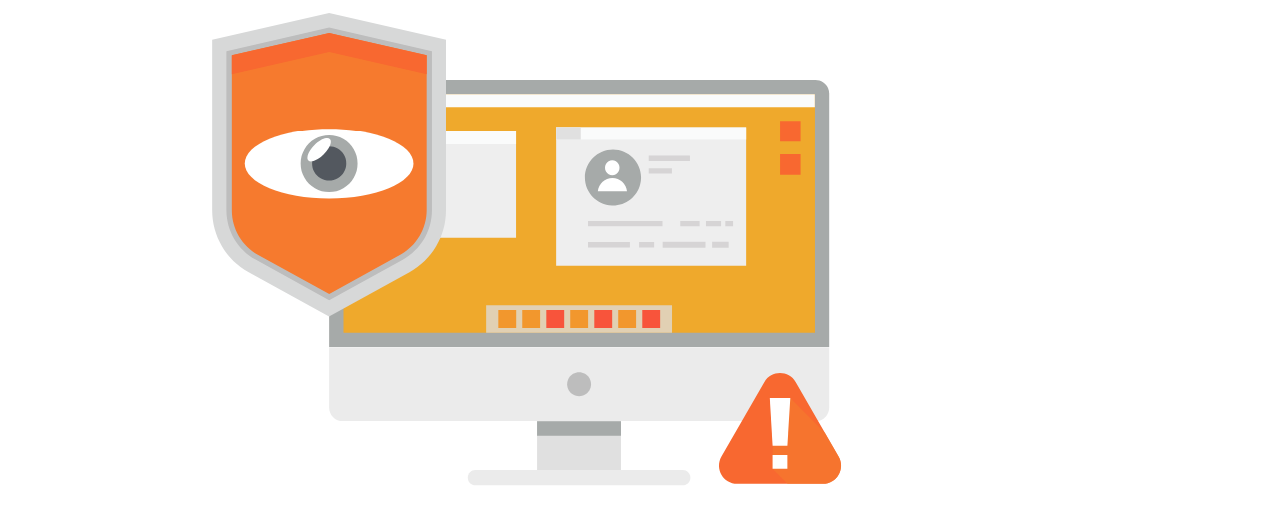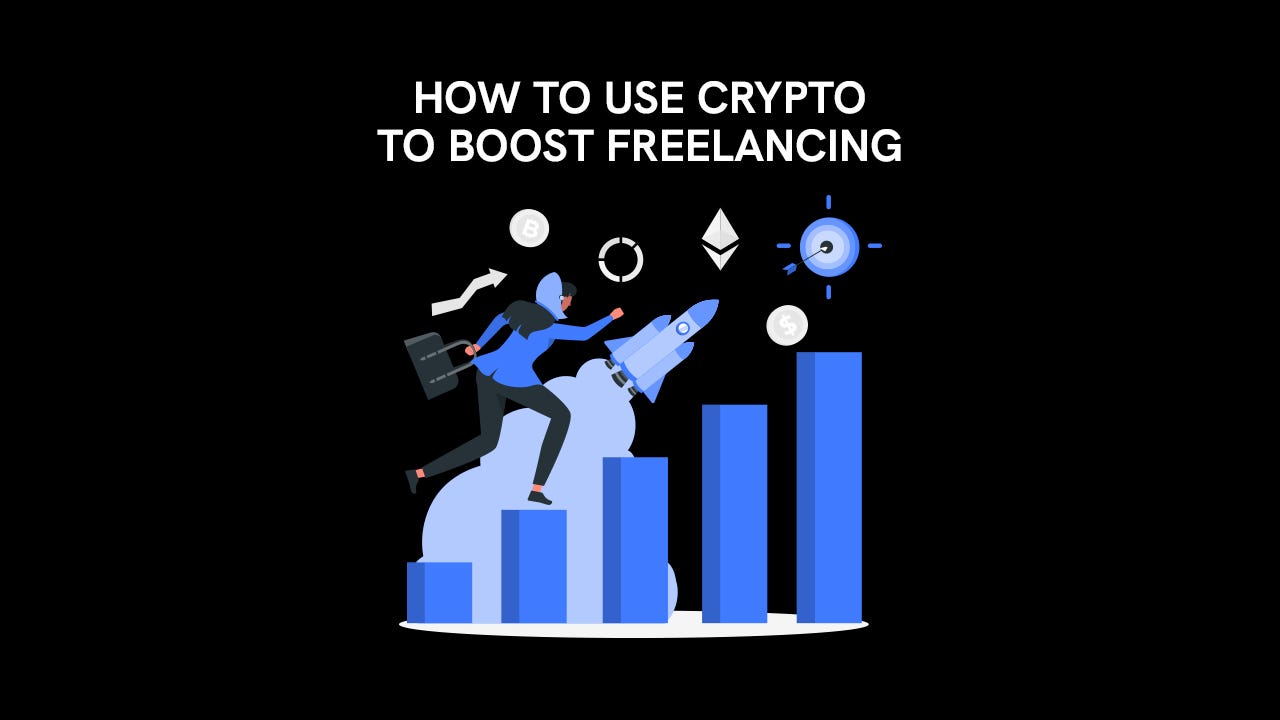Hello!
Overview of the Freelance Market
Demographics is one of the key reasons that has seen the freelance market grow by leaps and bounds over time. Multiple websites have been established linking the clients with potential freelancers besides facilitating the payment for the work done.
Working online as a freelancer exposes one to various risks. Some of these risks include identity theft, lack of guarantee for hours worked pay, and the high possibility of losing the work as a result of mild adjustments.
Despite the demerits and risks in this industry, it is a rather lucrative one. One of the most popular platforms in the freelance workspace is Upwork. In the year 2014, the company recorded $941 million in freelancer earnings. In the same year, the entire industry generated an estimated $3.2 billion.
Considering the rate of population growth and the gradual increase in internet literacy, the freelance industry is bound to grow further. In fact, it is estimated that the industry could grow to $10 billion annually in the next six years. This, therefore, means that there is an inherent need to undertake measures to curb some of the challenges faced by freelancers presently. Blockchain technology is an optimal solution in this regard.
Problems with Current Freelance Sites
 Upwork is one of the renowned companies in the freelance space, and until recently, a freelancer loses about 10% of the amount paid by the client to the website.
Upwork is one of the renowned companies in the freelance space, and until recently, a freelancer loses about 10% of the amount paid by the client to the website.
It requires the freelancer to pay the site 20% on the first $500 earned, 10% on $501-$9,999 and 5% on $10, 000 and above. The catch in this structure is that the fees are charged on a per-client basis.
For instance, logo maker deals with several clients on a daily basis, which means they will be charged 20% on their earnings quite often. In other words, about one-fifth of their earnings will be lost to fees.
Issues in the contemporary freelance
Another issue faced in the freelance industry presently is the safety of the funds for the players in the transaction. This can be remedied by the use of multisignature escrow. This would ensure that funds for the client, freelancer and facilitator remain safe.
Another issue faced in this market is particularly dear to the freelancers themselves, and that regards fees charged per job.
Freelancers lose a good percentage of their earnings to the mediators. These mediators are technically existing freelance companies such as Upwork, freelance writing service and Fiverr among others. These mediators could potentially be eliminated through an established network that would act as a link between the freelancer and the client, demarcating any surcharges.
 Besides above-discussed issues, the freelance market is faced with another major challenge regarding identity theft. Hiring people on the freelance websites exposes the participants to the risk of identity theft especially if their private user information is accessible.
Besides above-discussed issues, the freelance market is faced with another major challenge regarding identity theft. Hiring people on the freelance websites exposes the participants to the risk of identity theft especially if their private user information is accessible.
Freelancers stand at a greater risk of identity theft than the other participants in this arrangement. For instance, a malicious individual may steal John’s identity information. John is a qualified accountant with an incredible rating on the freelance website. The malicious individual then goes ahead to request for work charging $100 per hour. While the malicious person may benefit from this move, the integrity of the person whose identity is being wrongly used could be compromised.
 We believe that there is a superior way to solve these freelancing issues with the power of blockchain.
We believe that there is a superior way to solve these freelancing issues with the power of blockchain.
Through Quasa Connect app, we envision to create a superior way of engaging in the booming freelance economy.
We are a passionate team of people aiming to make freelancing more accessible and secure to the masses.
Quasa Connect will be an Escrow based freelancing platform that will allow fair settlement of disputes to be conducted and protect payments in an event of project promises not being met
Mechanism
The platform has a friendly and easy-to-use interface for clients and freelancers to help post their requirements with ease. Clients can list their jobs and freelancers can bid for them to get the desired jobs.
To ensure the authenticity of the users, the platform will be performing identity verifications whenever necessary. The unique identities of clients and freelancers will be based on their addresses in the blockchain, making it difficult to forge. When a contract is awarded by the client, he needs to deposit platform fee which is paid in the Quasacoin (QUA) token.
The platform will utilize smart contracts and Escrow mechanism to hold the fee and perform disbursement of the collected funds on obligations met.
QUA TOKEN
Quasacoin (QUA) is the native token of QUASA platform.
This token is the primary mechanism by which 3% Escrow fees will be paid to the Quasa platform.
There is an inherent utility of these tokens for anyone who wants to interact with users on the Quasa platform. As the freelancing platform becomes popular among the users, there will be a demand for more Quasacoin (QUA) tokens which would increase its value for the existing token holders.
Thank you!
Join us on social media!
See you!






